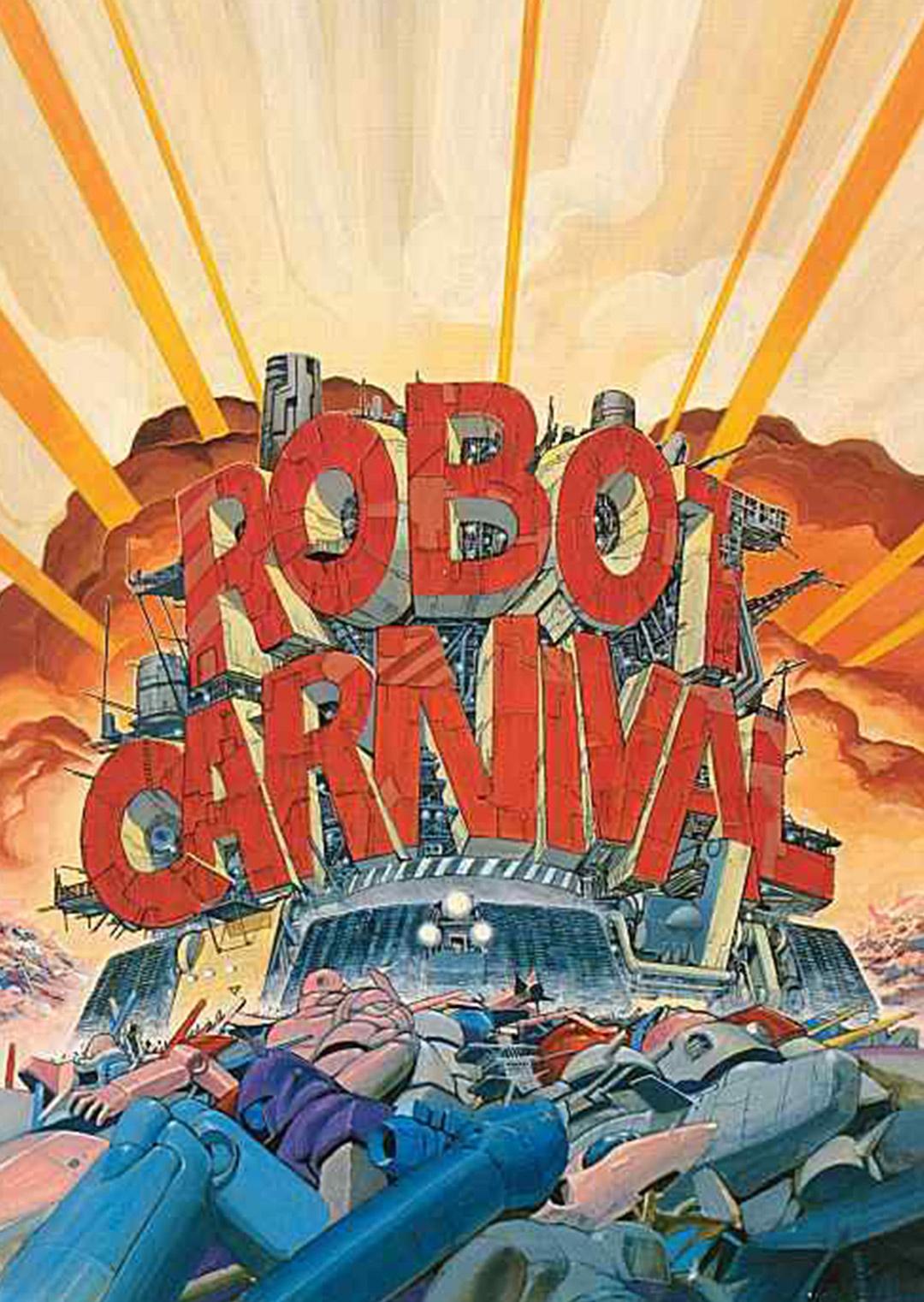国内The two best friends Karsten and Petra goes on a cabin holiday for skiing fun. Tough guy Petter is a good skier, and Karsten thinks Petra likes him more. Maybe he can prove himself if he competes in a ski jumping competition
国内The two best friends Karsten and Petra goes on a cabin holiday for skiing fun. Tough guy Petter is a good skier, and Karsten thinks Petra likes him more. Maybe he can prove himself if he competes in a ski jumping competition

回复 :这是一个发生在上世纪90年代的故事,讲述了一个胡同里几家性格迥异的邻居之间的家庭故事。朴实善良的狗剩家,性情开朗的二子家,通情达理的罗伯特家,深居简出的明珠家等,清晰真实的还原了90年代初期的家庭生活,用朴实的手法诠释着亲情和友情,让观众能在观看中勾起童年的回忆,怀念起那个年代独有的物质标志和人情世故。本片塑造了几个可笑又可爱的人物,通过对他们的描写刻画,进一步反映出人性的思考。而赵爷爷家的变故分合更是体现出人情的冷暖和人心的凉薄。让观众在观看本片各种喜怒哀乐的同时对人性,亲情,利益,情感间有更深一步的认知。剧情由浅至深,由小见大,虽然只是一个小胡同的故事,却投射出了一个社会的世情。本片主打的是怀旧风,以强烈的社会使命感展现80后一代人童年的经历对当下社会中坚力量造成的影响,反映处于社会底层老百姓的命运,用电影艺术形式真实地再现了上世纪90年代的社会生活。片中以狗剩家为故事主线,本是书香门第的一家,但因狗剩的爷爷奶奶教育不当,子女不孝最终导致遭遇拆迁时险些无家可归,也发出“孝心不是摆设”、“子欲养而亲不待”等叹息。对于邻里关系间人性的展现,着眼于情感的深层挖掘,由小见大,唤起大家心中的共鸣。通过对一条老胡同中邻居们各家生活的讲述,来反映童年时期的80后一代人因时代背景及各自家庭因素不同对自身世界观,人生观,价值观所带来的不同结果,以及对赵爷爷的人物刻画,来呼吁社会对空巢老人的重视。
回复 :转自:http://www.filmlinc.com/nyff/2010/views-from-the-avant-garde-friday-october-1/views-from-the-avant-garde-jean-marie-straub“The end of paradise on earth.”—Jean-Marie StraubThe 33rd verse and last chant of “paradise” in Dante’s Divine Comedy. The film starts with verse 67, “O somma luce…” and continues to the end. “O Somma luce” recalls the first words uttered by Empedocles in Danièle Huillet and Jean-Marie Straub’s 1987 The Death of Empedocles—“O himmlisch Licht!…” (O heavenly light!). This extract from Hölderlin’s text is also inserted into their 1989 film Cézanne.“O somma luce” invokes utopia, or better still “u-topos,” Dante, Holderlin, Cézanne… the camera movement, recalling Sisyphus, in the film’s long shots, suggests its difficulty.In O somma luce, with Giorgio Passerone’s Dante and the verse that concluded the Divine Comedy, we find at the extremity of its possibilities, the almost happy speech of a man who has just left earthly paradise, who tries to fully realize the potential of his nature. Between the two we find the story of the world. The first Jean-Marie Straub film shot in HD.So singular are the textual working methods of Straub-Huillet, and now Straub on his own, that it is hard to grasp how far reaching they are. Direction is a matter of words and speech, not emotions and action. Nothing happens at the edges, everything is at the core and shines from there alone.During the rehearsals we sense a slow process by which ingredients (a text, actors, an intuition) progress towards cohesiveness. It is, forgive the comparison, like the kneading of dough. It is the assembling and working of something until it becomes something else… and, in this case, starts to shine. Actually it’s very simple, it’s just a question of opening up to the light material that has been sealed up. Here, the process of kneading is to bring to life and then reveal. The material that is worked on is speech. So it is speech that becomes visible—nothing else. “Logos” comes to the cinema.The mise en scène of what words exactly?The process of revealing, “phainestai”; “phainomenon,” the phenomenon, is what take splace, what becomes visible to the eye.Is “Straubie” Greece?This mise en scène of speech, which goes beyond a close reading of the chosen text, is truly comes from a distant source.—Barbara Ulrich
回复 :胆小懦弱、吊儿郎当的东北青年黄中华(刘奔 饰)一直梦想有桩自己的小生意,却在一次邂逅中,被身世可怜的舞女毛琴(爱丽丝 饰)吸引。在接触中,他慢慢喜欢上了毛琴,并在“情感导师”孙大伟(曹瑞 饰)的教导下,开始了一段滑稽的追爱过程。不过,为爱疯狂的黄中华却因为毛琴,卷入了李老棍子和陈卫东两伙人的纠纷,能说会道的他能否化险为夷,收获爱情?

